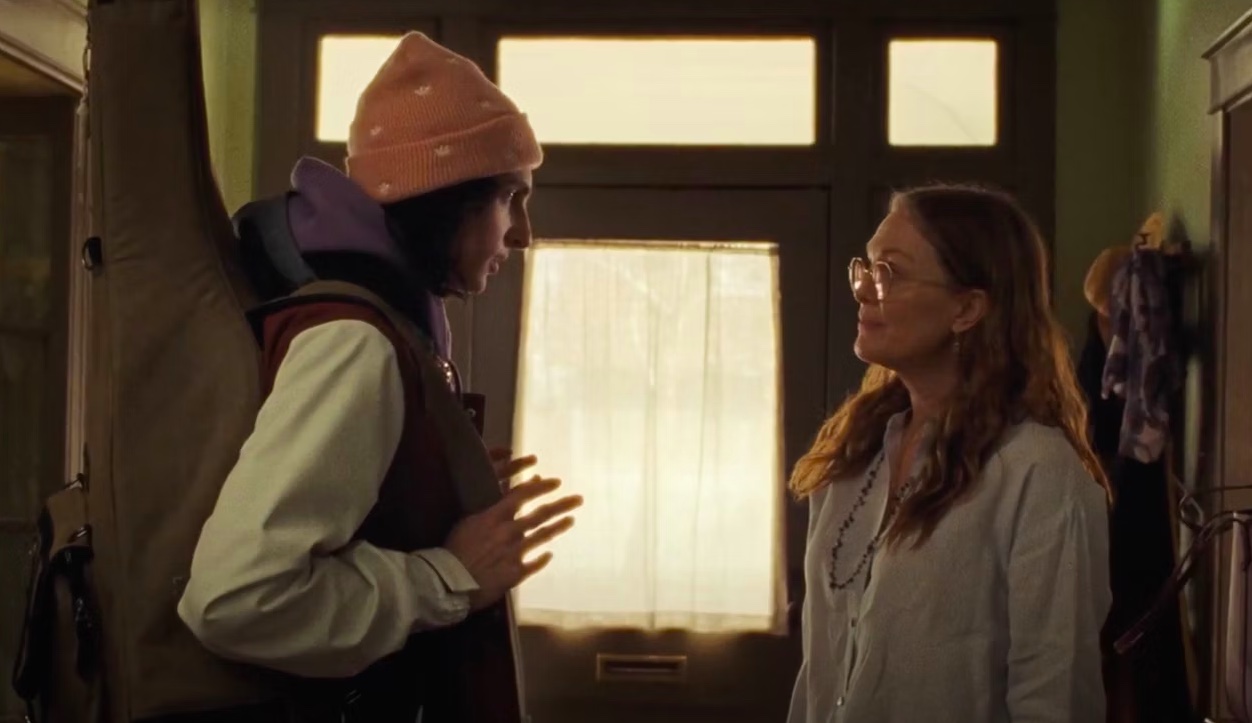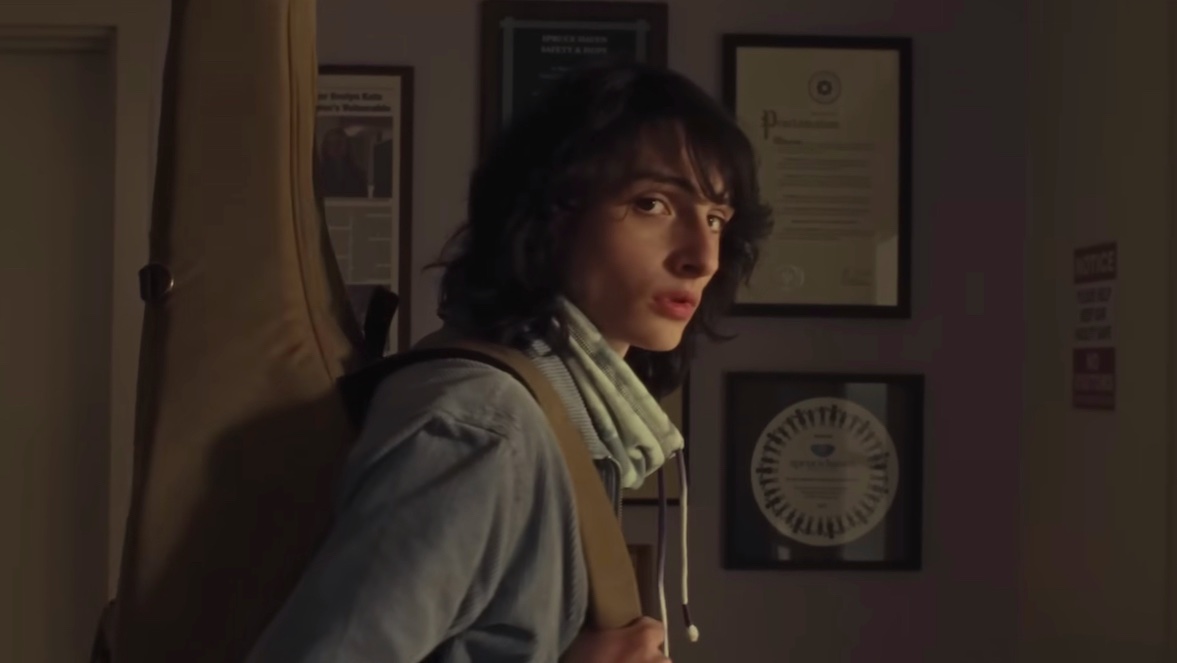A mother and son’s personalities clash in Jesse Eisenberg’s ‘When You Finish Saving the World.’ Evelyn is a social worker who values her job and is serious about the people under her care but doesn’t afford the same courtesy to her family. This particularly affects her son, Ziggy, who is devoid of attention from his parents. He has turned to social media, where he streams his songs live and makes money through his thousands of followers.
Apart from the subject matter of the film, it has been brought to the screen in such a raw and unfiltered manner that it becomes uncomfortable to watch at times. You might cringe at the characters, but you cannot refuse that they are not too far from what some people are like in real life. What does this say about the story? Is it based on true events and people?
When You Finish Saving the World is a Fictional Story About Real Conflicts

‘When You Finish Saving the World’ is an original story written and directed by Jesse Eisenberg. The project was first conceived for Audible as a book in 2020 by Eisenberg, with Finn Wolfhard voicing Ziggy’s character. The audio drama, which is five hours and seventeen minutes long, covers the story from three perspectives, beginning with a character named Nathan. The idea for his story came to Eisenberg after a conversation with a friend who told him he felt no emotional connection to his newborn child. Around the same time, Eisenberg welcomed a child, and he pondered upon the situation of a person, much like his friend, who felt completely disconnected from their child. Calling it “an interesting dynamic to explore,” the actor revealed that his friend was “mortified and felt terribly guilty” about the lack of connection.
From here, the writer-director extended the story to the point of view of the son, Ziggy, who is now grown up and is living his life through the screens on his phone. Later, he realized that the mother’s perspective had not been covered and came up with the character of Rachel, who is torn between her political ideologies and her love for her boyfriend. When this was translated to the film, Eisenberg made a lot of changes to the story, focusing it more on Ziggy and his mother (renamed Evelyn for the film), who see each other as their polar opposite but couldn’t be more similar.
One of the things Eisenberg touches upon in the film is the tug of war between political activists and artists with a greater reach. Ziggy has thousands of followers on his social media platform, but he doesn’t really have anything important to say, as opposed to Lila, the politically active girl he has a crush on, or his mother, who works at a women’s shelter. For this, the writer mined his own life, revealing that he, too, sometimes feels this contrast. His wife, Anna Strout, works in “social justice advocacy through education” and has been active when it comes to political and social issues. Still, her work doesn’t receive the same coverage as Eisenberg would for his action movie. Through the story of Ziggy and Evelyn, he wanted to “reconcile this idea” and explore its meaning on a deeper level.

Another thing that he extrapolated from this was the conflict in political stands of people within a family. With the current situation of the world and a highly politically aware young generation, parents and children often find themselves on the opposite ends of the spectrum. Despite the differences in their beliefs and how they see the world, they still live under the same roof, even if they argue with each other every day about how the other is wrong. It seemed an essential part to include in a story about family, and Eisenberg was keen on showing this “discomfort between having a very strong political perspective and having a family member, somebody you live with, that has an opposing set of ethics.”
When presenting the perspective of the younger generation, the actor-turned-director knew that the influence of social media could not be ignored. This broadened the story, especially when it comes to underlining the difference between being politically active in thought and actually doing the work. It also showcases the different lives young people live, in the real world and the virtual world, and the clash it causes for their identity.
All things considered, it is clear that while ‘When You Finish Saving the World’ is a fictional story, Eisenberg wrote it with some very real and intimate conflicts that people experience in their lives. This is why, despite being on the screen, it feels all too real and relatable to the audience.
Read More: Best Mom Son Movies on Netflix


You must be logged in to post a comment.